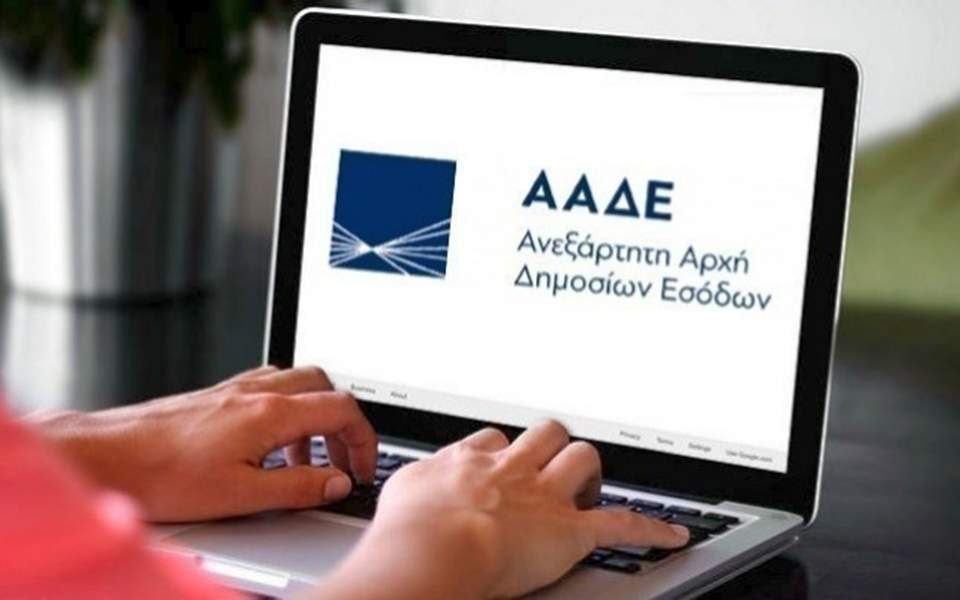Full focus on state debtors
Database will track down all arrears, incomes and properties of inconsistent taxpayers

The new weapon in the arsenal of the Greek tax administration is called Eispraxis (receipts). This is the new electronic application that has already been activated in the control and collection centers, while by mid-October it will have been installed in all the country’s tax offices.
About 4 million state debtors have been included in the new system that records not only the debts they owe to the state, but also their incomes and other assets.
Tax authority officials say employees are being trained in the new system which simultaneously draws data from all the information systems of the Independent Authority for Public Revenue – i.e. Taxis, Icisnet and Elenxis – as well as from third parties (land registry, credit institutions, notaries, stock exchange, Ergani, GEMI etc), while it will also exchange data and information with European Union member-states.
Although the full interconnection with all agencies has not yet taken place, the interoperability of systems will begin gradually. For example, at the moment an interface is being created with credit institutions, notaries, while at the end of the year the General Commercial Register (GEMI) will also join the new system.
System operators will not only check the details of debtors, but everyone involved in each debt case will be monitored, such as debtors sharing the same debt, guarantors, legal representatives (with a record of the period of representation) and associated businesses (groups, absorptions, mergers etc).
Based on the above, a debtor’s financial ability to repay the debt will be assessed and electronic messages will be sent to settle the outstanding balance, as well as warnings of possible coercive measures, mainly to inconsistent debtors, while tax refunds will be automatically offset against any outstanding debts.
In the event of noncompliance by the debtors, the tax administration will proceed with the confiscation of bank accounts, income, movable and immovable assets and, in a second phase, asset auctions.





